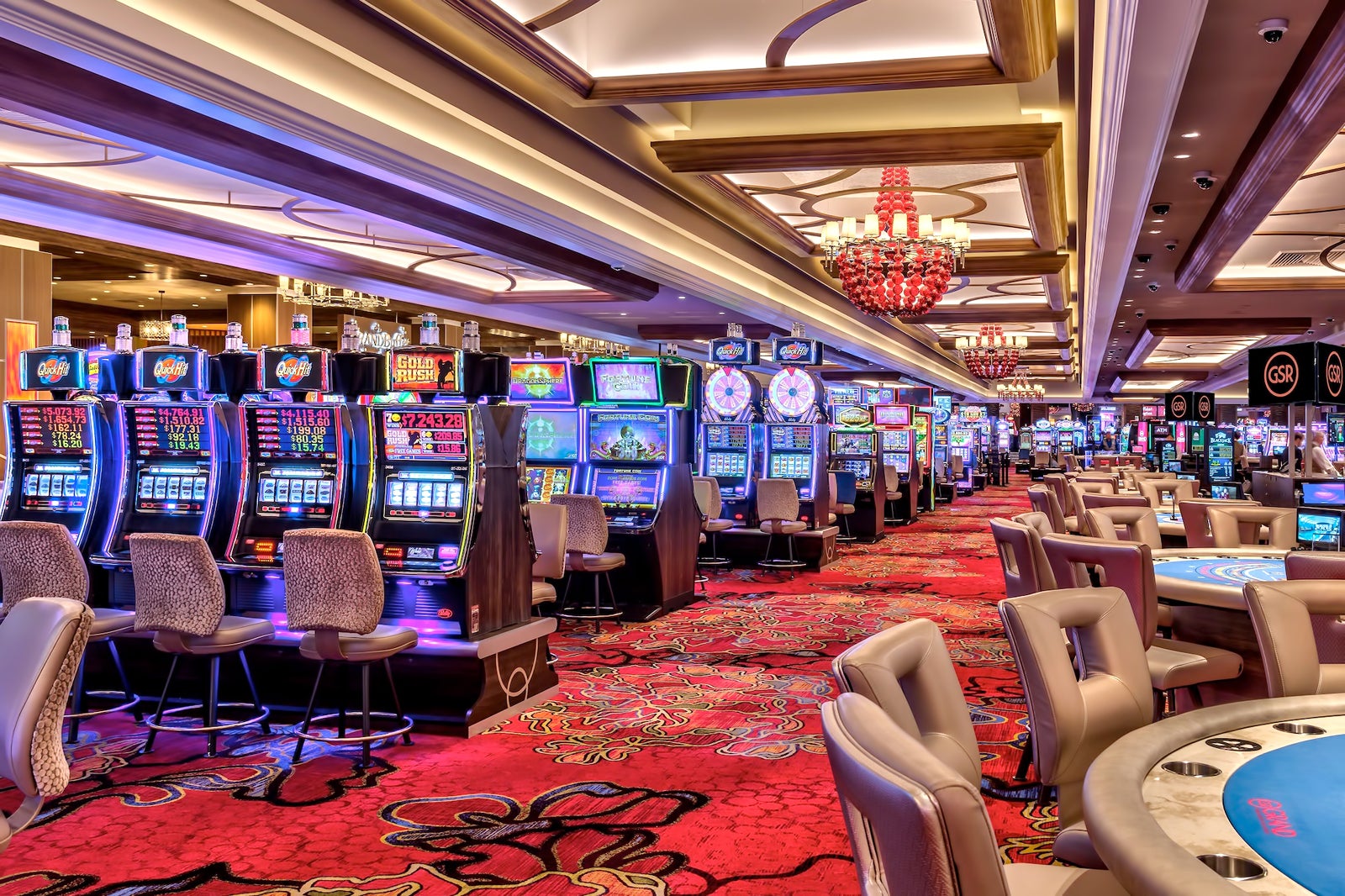
Casino experiences have long captured the imagination of humans around the planet, becoming an essential part of both fun and society. From the shimmering lights of Nevada to the engaging experience of virtual casinos, these activities evoke thrill, danger, and sometimes even a sense of remembrance. They are not just just pastimes; they have woven themselves into the fabric of society, influencing everything from film and melodies to clothing and literature.
The appeal of casino games transcends the betting aspect, tapping into larger themes of luck, possibility, and human behavior. As players assemble around a gaming table or turn the wheel of fortune, they engage in an age-old ritual that connects with our collective desire for adventure and uncertainty. This captivation has led to the emergence of countless references in movies, songs, and electronic games, showcasing how intensely entrenched these games are in popular culture. Whether it is the intense drama of a classic heist movie or the vibrant nightlife portrayed in music videos, casino games have carved out a substantial place that reflects our bond with reward.
Historical Impact of Casino Activities
Gambling games have played a pivotal role in social contexts throughout history. Originating from old societies, forms of chance were often connected to rituals or gatherings. For example, early iterations of gambling can be traced back to historic Chinese and the Roman Empire, where dice games and betting on outcomes were common pastimes. suletoto These games not only functioned as entertainment but also as methods of social interaction, facilitating relationships among people within communities.
As cultures evolved, so did the sophistication and organization of casino games. The establishment of official casinos in the 17th century, particularly in the Italian region, marked a significant shift in how games were perceived and structured. With designated spaces for gambling, the casino became a social hub where patrons from different backgrounds gathered. This evolution contributed to the legitimization of the industry, transforming it from a mere pastime into an organized industry that influenced the economy and policy.
The effect of gambling activities on mainstream culture cannot be understated. As they were popularized in books and movies, games such as Texas Hold’em and 21 became symbols of chance, luck, and tactics. Iconic figures and stories have developed around these activities, illustrating societal views towards luck, prosperity, and immorality. This fascination with casino games has infiltrated various forms of media, cementing their status in the public imagination and connecting them to wider cultural stories throughout the ages.
Portrayal of Casino Games in Entertainment
Casino activities have long been a popular topic in various forms of media, reflecting both the fascination and complexities of the world of gambling. Films such as Ocean’s 11 and Casino Royal portray figures who navigate intense situations, showcasing not only the attractiveness of the gambling environment but also the methods and judgments that come with playing popular games like Texas Hold’em and blackjack. These movies often dramatize the exhilaration of winning and the potential repercussions of losing, encapsulating the dangers involved in betting.
TV programs have also explored the universe of casino games, often integrating them into the storyline as a setting for character arcs and drama. Shows like Las Vegas depict the stories of gambling employees and patrons, highlighting the lively, often tumultuous energy of the gaming floor. Docuseries featuring intense gambling competitions further emphasize the attraction of casino games, drawing viewers into the drama and strategy involved in each game. Through these portrayals, media not only engages but also prompts conversations about luck, skill, and the nature of randomness.
Digital games have increasingly incorporated gambling activities into their design, allowing players to simulate the experience of gambling without financial risk. Games within the domain of digital gaming often include online slot machines, online poker, and other popular casino games, creating an immersive gameplay that mirrors actual casino experiences. These digital representations make gambling activities accessible to a broad demographic, appealing to both gamblers and those who enjoy the rush of simulation. As a result, the portrayal of casino games in entertainment continues to shape cultural attitudes and cultural significance, highlighting their place in entertainment and culture.
Impact of Gambling Activities on Society
Casino games have a meaningful effect on society, influencing various aspects of societal norms and social behavior. They often function as a platform for social interaction, where people come together to enjoy a shared experience. Game nights with friends or visits to casinos become group events that foster connections and create memories. This communal aspect boosts the fun value of casino games, making them a popular choice for festivities and leisure activities.
Moreover, gambling activities have been depicted in numerous films, television shows, and written works, influencing views and attitudes towards gambling and gaming. Icons like James Bond competing in baccarat or the high-stakes poker scenes in films have cemented these games in the collective imagination. This representation often glamorizes the lifestyle associated with gambling, attracting new players and impacting trends in both style and conduct. These portrayals can ignite curiosity and lead to a more profound exploration of the nuances of gaming.
Nonetheless, there are also negative consequences linked to the popularity of gambling activities. The temptation of quick monetary gain can lead to problem gambling and financial troubles for some people. The community must grapple with these issues, promoting responsible gaming and education of the dangers involved. Finding a balance between the fun aspect of casino games with the potential for harm is vital to ensure that they continue to be a beneficial aspect of our societal fabric.
